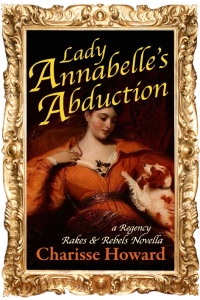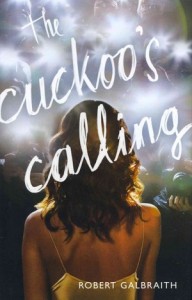
Some like it hot — if that’s you, grab Charisse Howard’s brand-new flagship book in her Regency Rakes & Rebels series: Lady Annabelle’s Abduction.
This is a historical-suspense romance that’ll scorch your fingers! Lady Annabelle Chatfield is resigned to marrying the dumpy middle-aged Earl of Brackenbury in order to save her desperate family. But a week before the wedding, a tall dark stranger pops in her bedroom window and carries her off — thereby risking her honor and her future.
Can a rescue party or a ransom come in time to save her?
After just one day of being treated like a woman instead of a lady, does she really want it to?
Find out more on Charisse’s websiteor buy Lady Annabelle’s Abduction on
Kobo
Amazon
ARe/OmniLit
Smashwords












